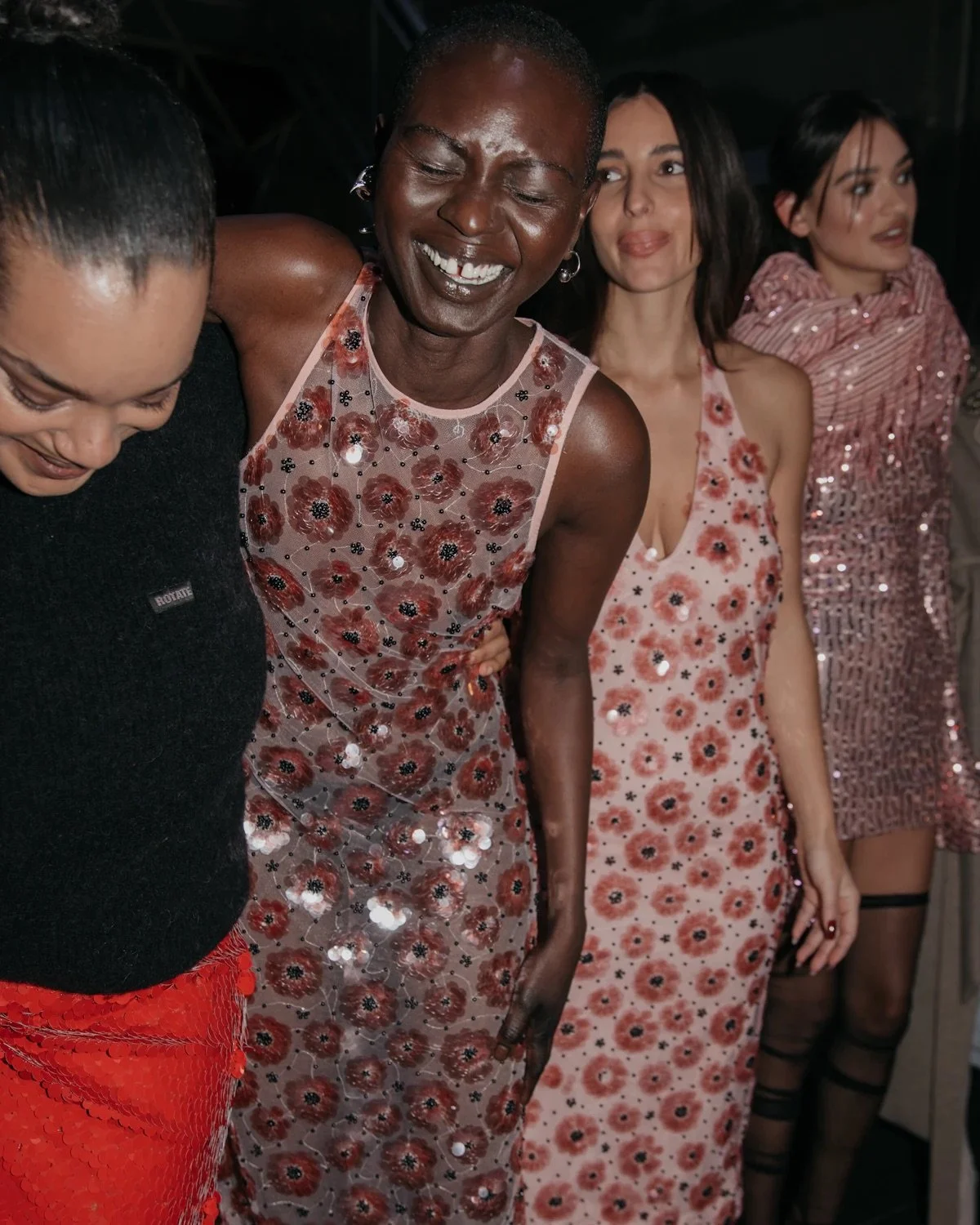Why I Love Copenhagen Fashion Week
Copenhagen Fashion Week: Leading the Charge in Fashion Sustainability
In the whirlwind of the global fashion calendar, from the vibrant runways of New York to the chic shows of Paris, Copenhagen Fashion Week (CPHFW) stands out—not just for its aesthetic innovation but for its pioneering sustainability efforts. As the first fashion week to impose strict sustainability requirements on participants, CPHFW isn't just about showcasing style; it's about committing to environmental responsibility.
Why Copenhagen Fashion Week Captures My Heart
There’s something uniquely refreshing about CPHFW. Amidst a season overloaded with intricate shows, Copenhagen brings a breath of fresh air with its commitment to a more sustainable footprint in the fashion industry. It's not just the innovative designers that draw me in; it's their mindfulness and commitment to sustainability that really makes Copenhagen Fashion Week stand out.
A New Chapter in Sustainability
Starting in 2020, Copenhagen Fashion Week introduced the first Sustainability Action Plan, a bold initiative requiring all participating brands to meet minimum sustainability standards. This groundbreaking approach has set a new bar for fashion weeks around the world.
As of 2023, these standards have become mandatory for any brand wishing to grace the Copenhagen runways. Today, CPHFW is excited to announce the first major revision of these standards, which includes a series of substantial updates to further press the industry towards more sustainable practices.
The Revised Sustainability Requirements
Under the stewardship of Cecilie Thorsmark, CEO of Copenhagen Fashion Week, the updated framework aims to reflect the latest industry developments and learnings, as well as upcoming EU policies. Here’s what’s new:
Three new Minimum Standards: These focus on enhancing the brands' commitments to sustainability from design through production.
Higher Bars for Existing Standards: Many standards have moved from commitment to implementation phase, ensuring that sustainability is not just planned but actively practiced.
31 Additional Actions Focusing on Social Sustainability: Reflecting a holistic approach, the new actions address critical areas like labor conditions and consumer engagement.
Sustainability as a Continuous Journey
Frederik Larsen, co-founder of In Futurum, notes that the goal of these frameworks is not only to enforce compliance but to foster an ongoing evolution in how fashion engages with sustainability. The standards are designed to grow tougher, pushing brands to continually innovate and improve their sustainability measures.
Why This Matters
Copenhagen Fashion Week’s rigorous sustainability requirements are more than just gatekeeping criteria. They are a testament to a shared vision for a more ethical and sustainable fashion industry. By participating in CPHFW, brands don't just showcase their designs; they commit to a set of values that resonate with a growing number of consumers worldwide who care deeply about the planet.
Looking Forward
With the continuous evolution of its sustainability standards, Copenhagen Fashion Week is shaping a new paradigm for fashion weeks globally. It’s a movement away from fast fashion, urging both designers and consumers to think differently about the clothes they create and wear.
Quick Sustainability Facts at CPHFW:
Comprehensive Standards: All participating brands are evaluated against a detailed framework covering everything from material choices to labor practices.
Holistic Focus: The requirements span six areas, including strategic direction, smart material choices, and show production, to ensure a well-rounded approach to sustainability.
Global Influence: CPHFW’s standards are not only shaping practices in Denmark but are also influencing global discussions on fashion sustainability.
As we admire the lush designs and creative artistry of Copenhagen Fashion Week, let’s also celebrate its leadership in sustainability. It’s not just about fashion; it’s about making a statement that fashion, at its best, is sustainable, ethical, and forward-thinking. For more detailed information on the CPHFW sustainability requirements, click here.


